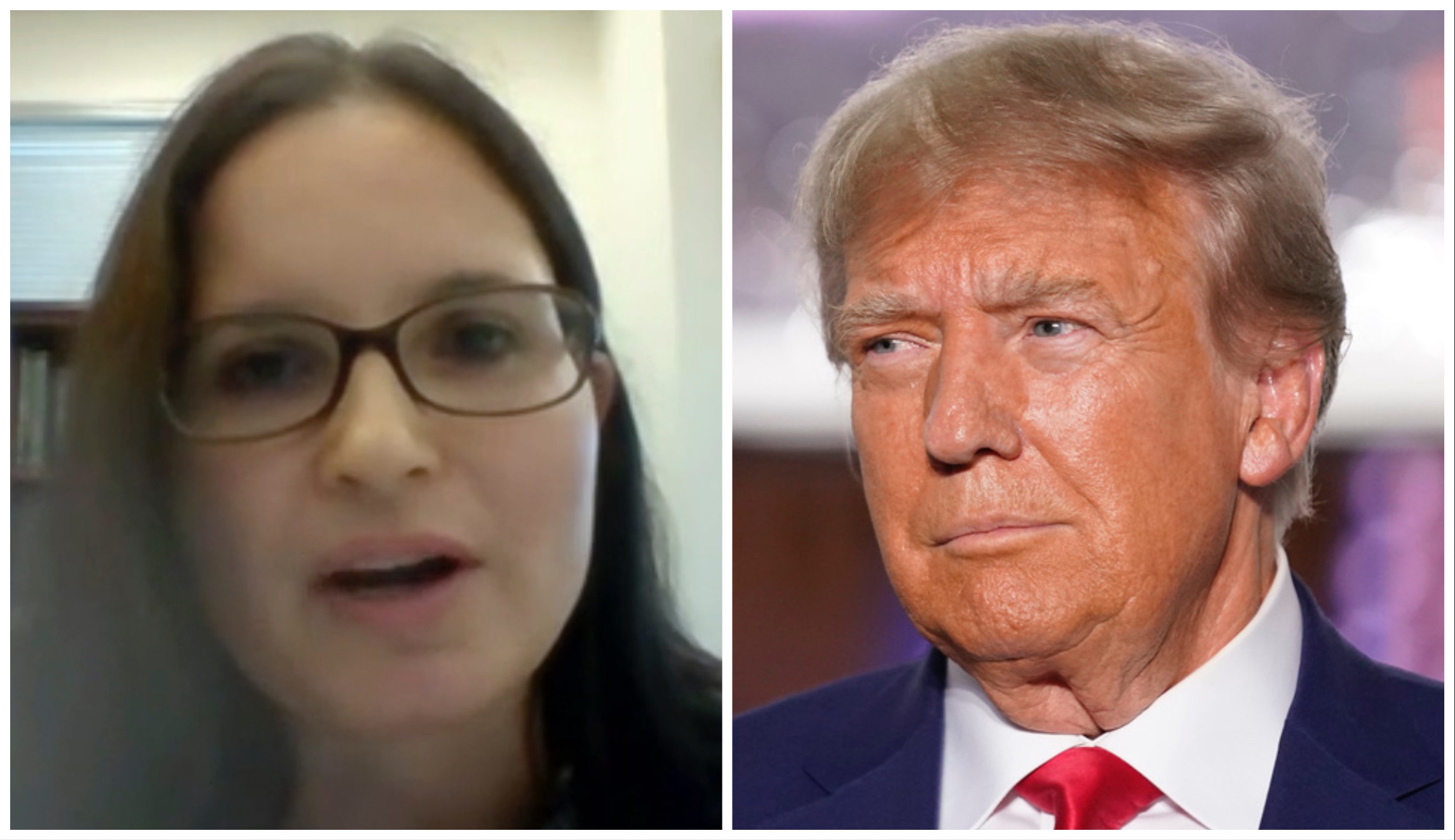The federal judge presiding over Donald Trump‘s classified documents criminal case ended a Tuesday afternoon hearing without setting a trial date as she weighs competing time frame requests from the Justice Department and the former president.
Multiple reporters who were inside the Fort Pierce, Florida, courtroom on Tuesday said U.S. District Judge Aileen Cannon appeared skeptical of the government’s request for a trial starting in December but also did not appear inclined to grant Trump’s full request to begin the trial after the 2024 presidential election.
REPUBLICANS BLAST DOE GAS STOVE PROPOSAL AS ‘ALARMING VIOLATION’ OF LAW

Cannon, an appointee of the former president, asked Trump’s lawyers if they wanted the trial delayed until after the election, to which they requested a trial to begin in mid-November after the voting takes place in the 2024 race.
“This is not a normal case,” Trump attorney Todd Blanche said, adding that prosecutors proposed a “pretty disingenuous” timetable.
“I can appreciate that more time is necessary, but we need to set a schedule,” Cannon told Blanche.
While the judge did not issue a decision on the trial schedule, she said she’d file a written order promptly. Cannon had initially sought a trial to begin in early August.
During the Tuesday afternoon hearing, Cannon said she would be considering several other factors in determining a schedule, including the volume of discovery materials special counsel Jack Smith’s team will be handing over to Trump’s defense in preparation for a trial.
Cannon, who was one of Trump’s final federal judicial nominees, faced scrutiny after she issued an injunction in August blocking the government from using the classified records seized from Trump’s Florida resort in their investigation.
The U.S. Court of Appeals for the 11th Circuit overturned that order in a reversal that accused Cannon of applying a “radical” restructuring of criminal procedure for Trump.
Trump last month pleaded not guilty to a 37-count indictment that he mishandled classified documents after leaving office, while Walt Nauta, a Trump aide and former White House valet, pleaded not guilty to six felony counts.
Trump did not attend the Tuesday hearing, which was a mostly procedural convening under a law that regulates the use of secret evidence at public trials known as the Classified Information Procedures Act, or CIPA. Nauta and his attorney, Standley Woodward Jr. were in attendance.
Eclipsing Cannon’s first public oversight of the case was Trump’s social media statement hours before that he’d received a letter informing that he is a “target” of a second federal criminal investigation, an investigation into his alleged efforts to subvert the 2020 presidential election.
Trump did not provide evidence but made the claim shortly before CNN reported that former Arizona GOP Gov. Doug Ducey had been contacted by Smith’s team, according to a spokesman.
CLICK HERE TO READ MORE FROM THE WASHINGTON EXAMINER
Trump is facing 31 counts of violating the Espionage Act, which criminalizes mishandling of national security secrets. He’s been indicted two times thus far this year and faces two more potential indictments in the ongoing Smith Jan. 6 investigation and in Fulton County, Georgia over 2020 election interference.
For Smith’s team to prove that Trump violated the charged provision of the act, it must show that he held unauthorized information “relating to national defense” that could damage the United States or aid a foreign adversary and that he failed to return it to the government upon departure from his post.
